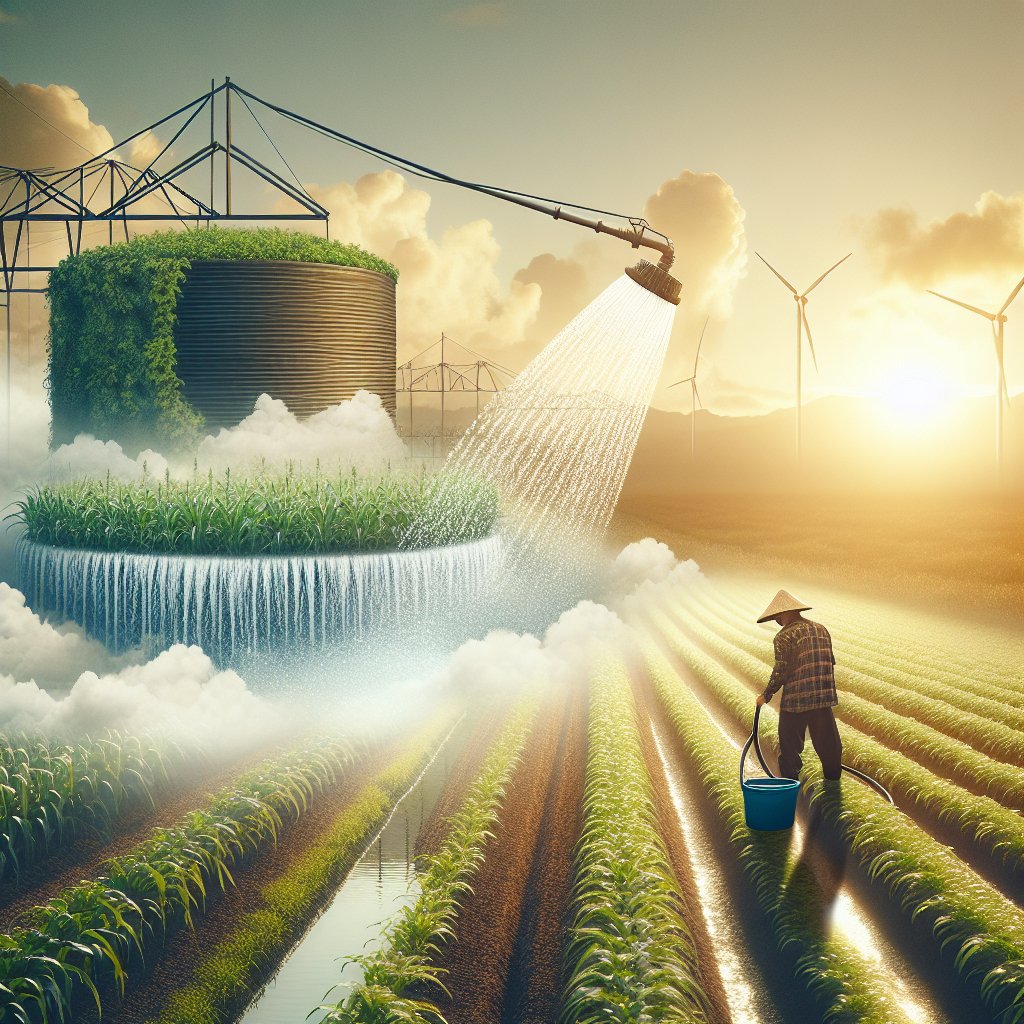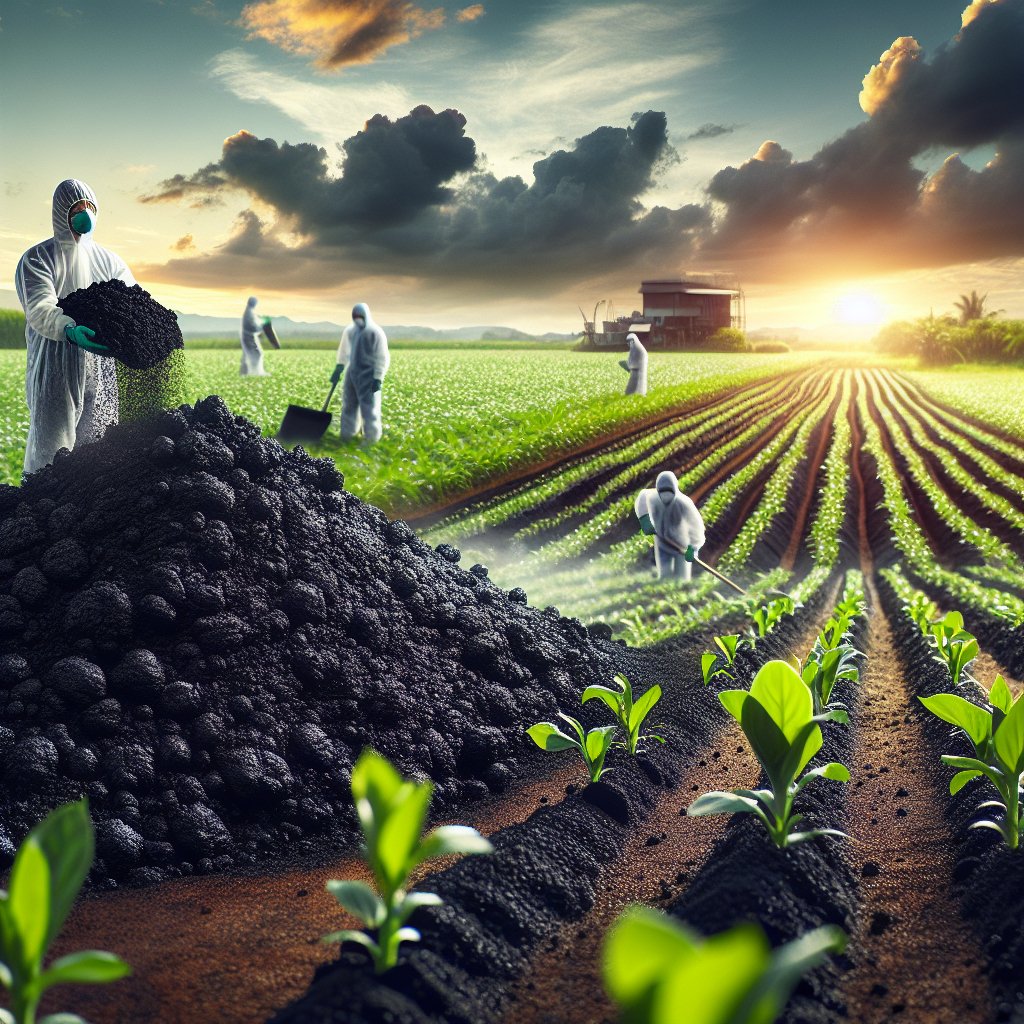Water conservation in agriculture is a critical issue that has gained increasing attention as the global population continues to grow and climate change impacts water availability. Efficient water management is essential for sustainable agricultural practices, ensuring food security, and protecting natural ecosystems. This article explores the significance of water conservation in agriculture, examining the challenges faced by farmers and the innovative solutions being implemented to address these issues.
Challenges in Water Conservation
Agriculture is one of the largest consumers of freshwater resources, accounting for approximately 70% of global water withdrawals. This high demand places significant pressure on water supplies, particularly in regions already experiencing water scarcity. Several factors contribute to the challenges of water conservation in agriculture, including inefficient irrigation practices, climate change, and competing demands from other sectors.
Inefficient Irrigation Practices
Traditional irrigation methods, such as flood irrigation, often result in significant water wastage due to evaporation, runoff, and deep percolation. These methods can lead to over-irrigation, which not only depletes water resources but also causes soil degradation and reduced crop yields. Transitioning to more efficient irrigation systems, such as drip or sprinkler irrigation, can significantly reduce water usage and improve crop productivity.
Climate Change
Climate change poses a significant threat to water availability in agriculture. Changes in precipitation patterns, increased frequency of droughts, and rising temperatures can exacerbate water scarcity, making it more challenging for farmers to access the water needed for crop production. Adapting to these changes requires innovative water management strategies and the adoption of climate-resilient agricultural practices.
Competing Demands
As urbanization and industrialization continue to expand, the demand for water from non-agricultural sectors is increasing. This competition for water resources can lead to conflicts and further strain the availability of water for agricultural purposes. Balancing the needs of different sectors requires integrated water management approaches that prioritize sustainable use and equitable distribution of water resources.
Innovative Solutions for Water Conservation
To address the challenges of water conservation in agriculture, various innovative solutions are being developed and implemented. These solutions focus on improving water use efficiency, enhancing water storage and distribution systems, and promoting sustainable agricultural practices.
Advanced Irrigation Technologies
One of the most effective ways to conserve water in agriculture is through the adoption of advanced irrigation technologies. Drip irrigation, for example, delivers water directly to the plant roots, minimizing evaporation and runoff. This method can reduce water usage by up to 50% compared to traditional irrigation methods. Similarly, precision irrigation systems use sensors and data analytics to optimize water application, ensuring that crops receive the right amount of water at the right time.
Water Harvesting and Storage
Water harvesting and storage techniques can help farmers capture and store rainwater for use during dry periods. Techniques such as building ponds, reservoirs, and rainwater harvesting systems can increase water availability and reduce reliance on external water sources. These methods not only support water conservation but also enhance the resilience of agricultural systems to climate variability.
Soil Management Practices
Improving soil health is another critical aspect of water conservation in agriculture. Healthy soils have better water retention capacity, reducing the need for frequent irrigation. Practices such as cover cropping, reduced tillage, and organic matter addition can enhance soil structure and increase its ability to retain moisture. These practices also contribute to improved crop yields and reduced environmental impact.
Policy and Education
Effective water conservation in agriculture requires supportive policies and education initiatives. Governments and organizations can play a crucial role by implementing policies that promote sustainable water use, providing incentives for adopting water-efficient technologies, and investing in research and development. Additionally, educating farmers about water conservation techniques and the benefits of sustainable practices can drive widespread adoption and long-term change.
Conclusion
Water conservation in agriculture is essential for ensuring food security, protecting natural ecosystems, and adapting to the challenges posed by climate change. By addressing the inefficiencies in current water use practices and adopting innovative solutions, the agricultural sector can significantly reduce its water footprint and contribute to a more sustainable future. Collaboration between farmers, policymakers, researchers, and the private sector is crucial to achieving these goals and ensuring the long-term viability of global food systems.



